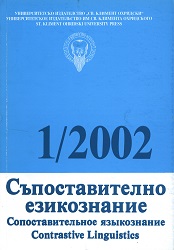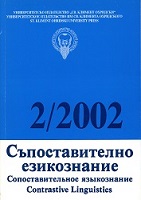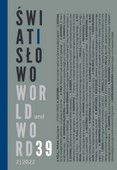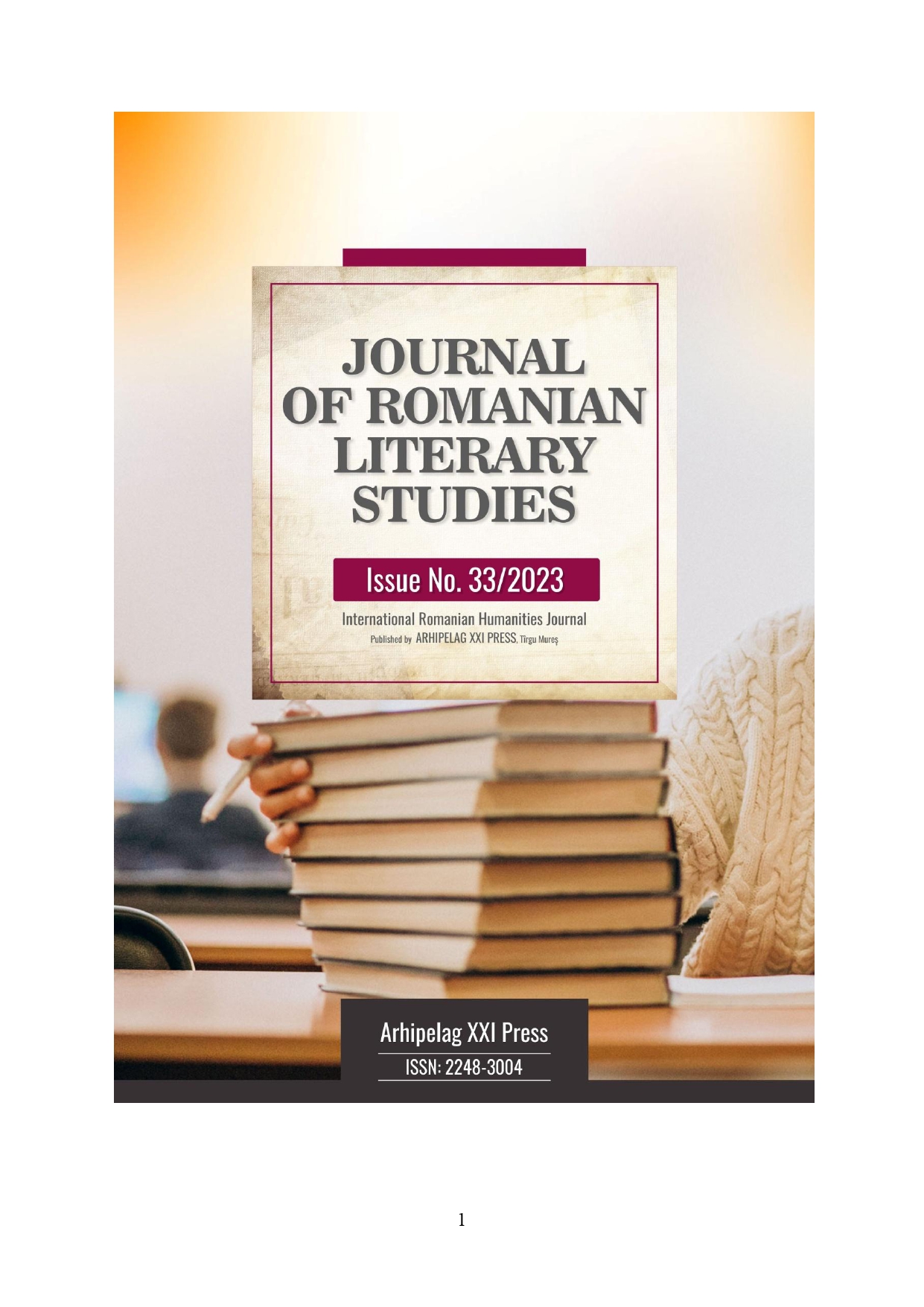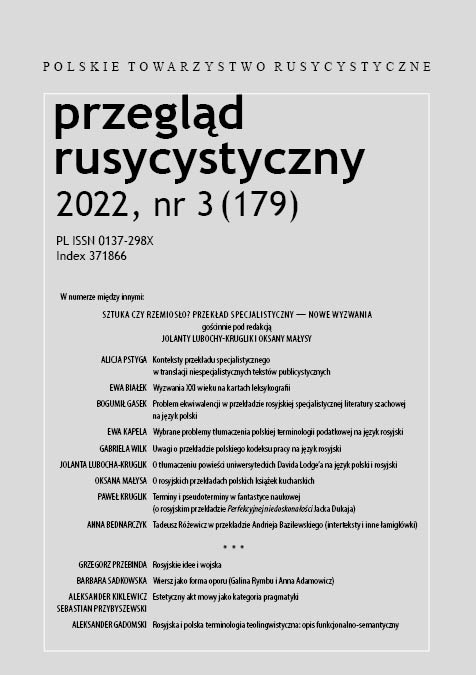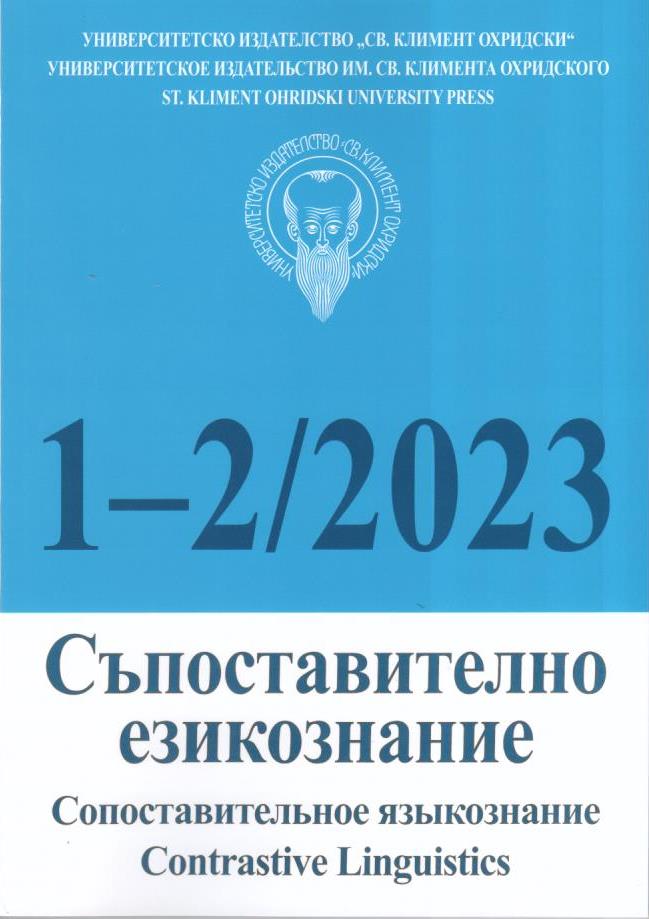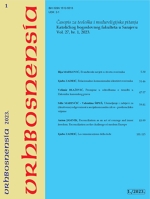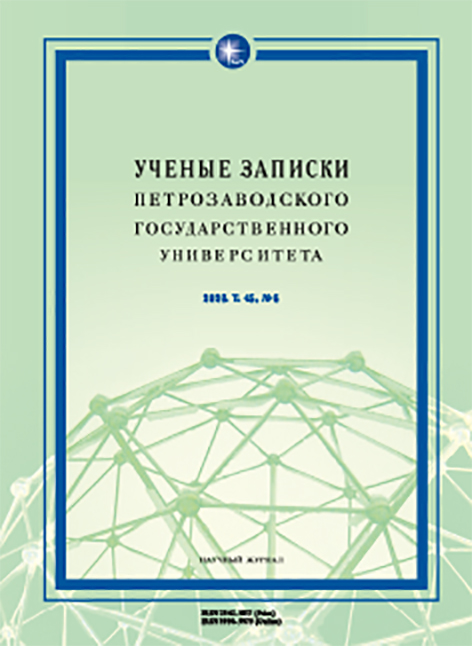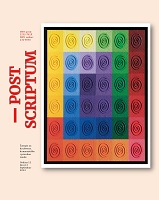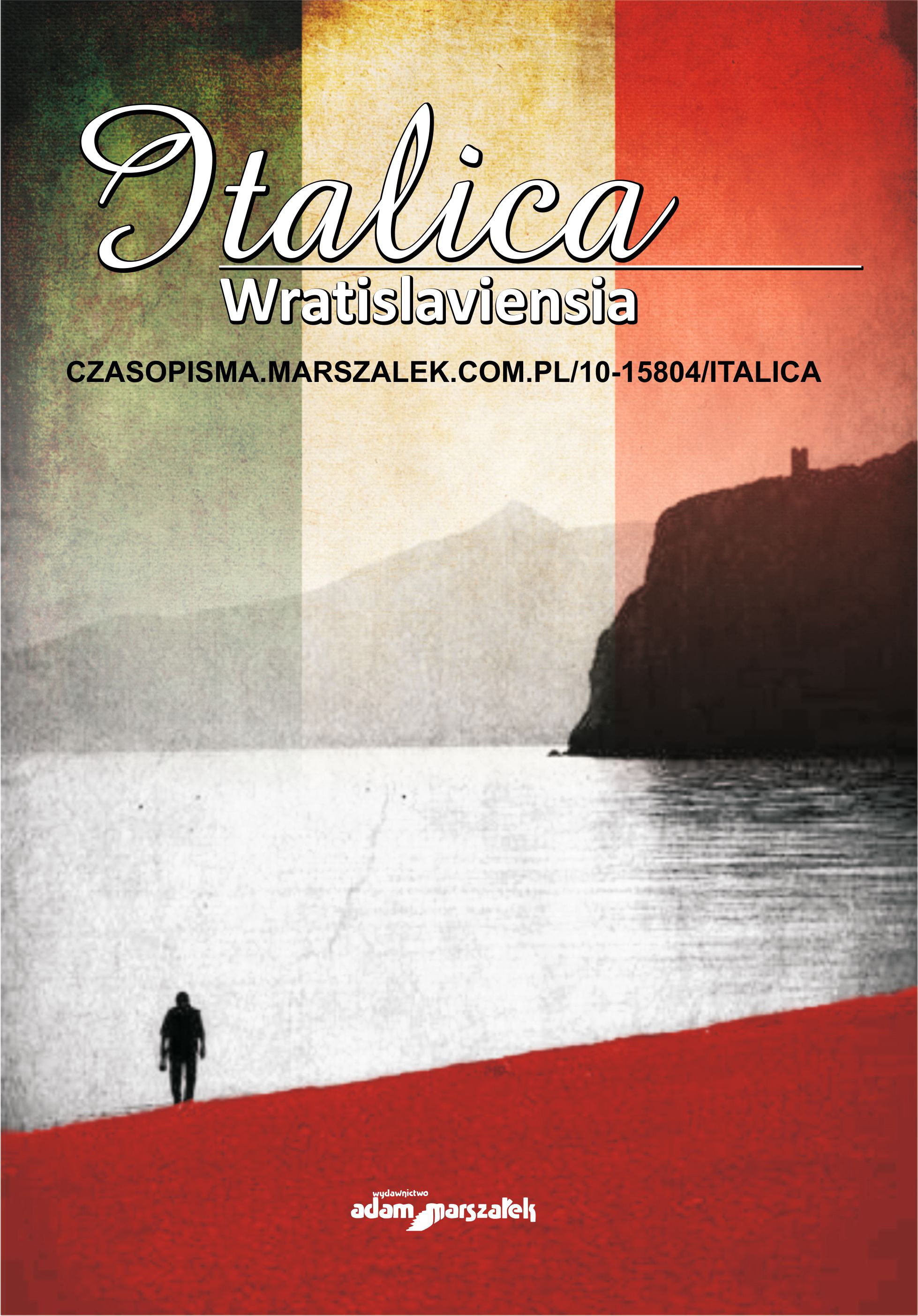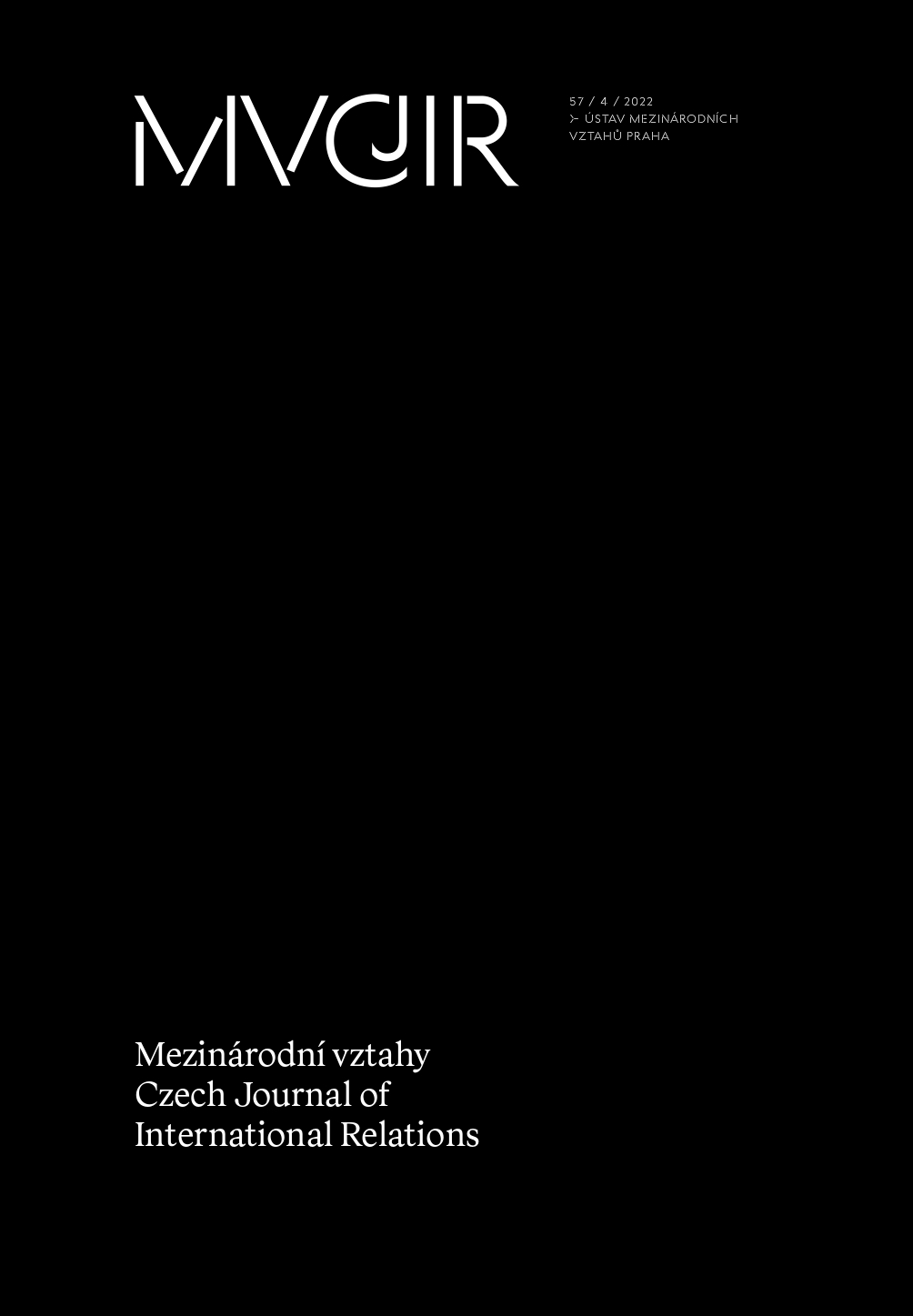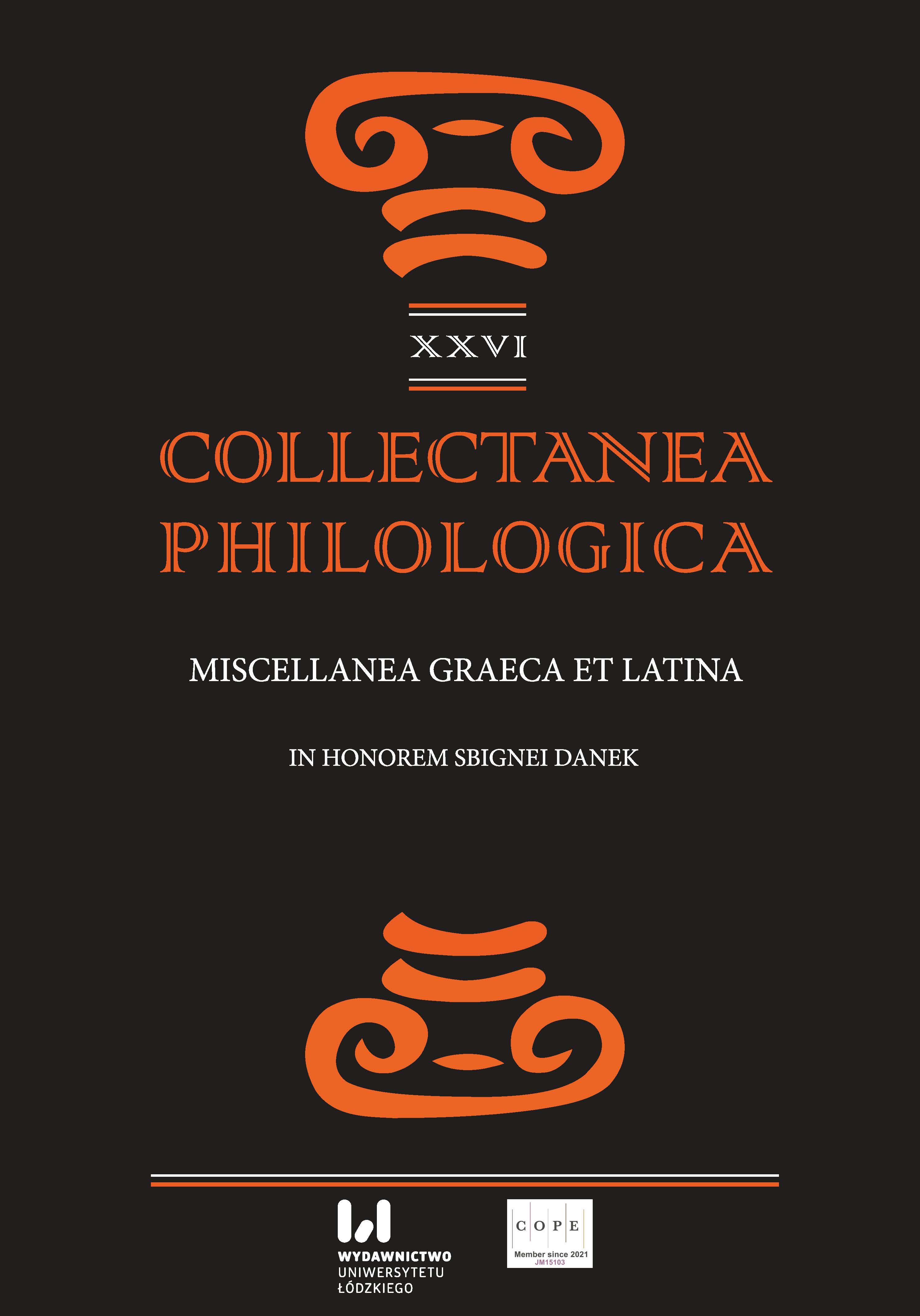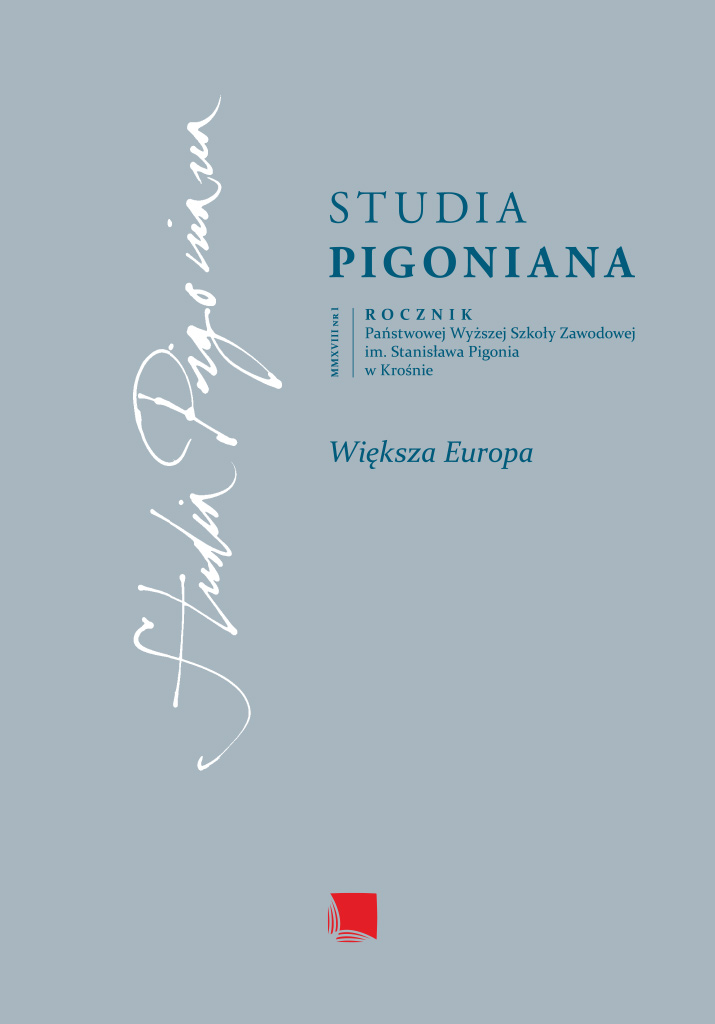
Pożytki z czytania nekrologów
Franciszek Pik’s works have been ignored since he had been labeled a decadent and an aesthete. Thus his prose and political writings became totally forgotten despite the fact that their aesthetic value is generally approved. At the same time his translations are still very popular. Paradoxically, he is now renowned for the works that he attached little weight to himself, as he treated translation of Nobel prize winners’ works as a source of income only. From the modern perspective, however, his translations appear to be both a link between Europeanheritage and the culture of Poland reborn after over a century of political dependence and a showcase of how early capitalist market regulations interfered with the mission of the intelligentsia in the interwar period. The death of the translator had been recognized as a symbol of artists fate in the wake of commercial publishing.
More...
